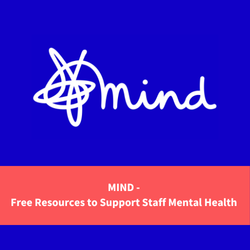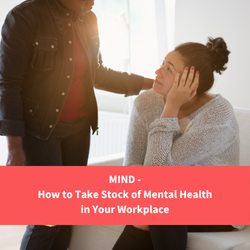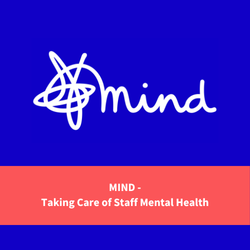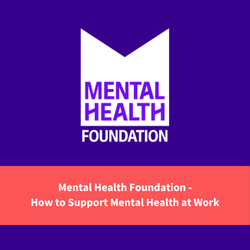Foster an environment where mental wellbeing is ingrained in day to day working practices
How to achieve this:
Mental wellbeing is shown as a priority from all levels of staff
A positive work/life balance is actively promoted and supported
Workers are made to feel valued and that their work is meaningful
Further Information:
Mental wellbeing is openly discussed and normalised:
Mental health is part of regular 1 to 1s and team meetings
The workplace supports and runs mental health-based campaigns openly
Resources are shared regularly
External speakers or services are invited in to talk to staff
Mental wellbeing is embedded into staff inductions and training schedules
Helpful Resources:
Mental wellbeing is shown as a priority from all levels of staff:
Management shows willing to listen to their staff and voice concerns/suggestions to higher management levels
Senior leaders and managers are role models for healthy work habits, leading by example
Feedback and mental wellbeing ‘temperature check’ surveys are regularly completed, and staff are encouraged to take part
Staff are encouraged to look out for one another outside of official management duties
Helpful Resources:
A positive work/life balance is actively promoted and supported:
Positive working relationships are nurtured through regular social activities, team building etc
Are more flexible working practices an option?
Are additional working hours monitored to ensure staff are not working out of official hours? Anonymous surveys be completed to find out how regularly this takes place and how it can be avoided?
Are regular health and wellbeing mornings/afternoons/breaks in place?
Workers are made to feel valued and that their work is meaningful:
Staff successes are celebrated, contributions acknowledged, and regular praise is given
Staff are offered training and development opportunities
Staff are regularly involved in decision making processes
Workplace reward schemes are offered/in place





